Obsessive-Compulsive Disorder (OCD) is a mental health condition characterized by:

OCD is not
OCD goes beyond simply liking things clean or orderly. It involves severe anxiety and distress over intrusive thoughts, leading to compulsive behaviors that significantly disrupt daily life
OCD is a serious mental health disorder, not a quirky habit or personality trait. It’s not about being “a little OCD” or overly particular; it’s a debilitating condition that can dominate a person’s thoughts and actions
While perfectionism can be a feature of OCD, the disorder is not just about wanting things to be perfect. It involves irrational fears and the need to perform compulsive behaviors to alleviate distress
Everyone has worries, but OCD involves obsessive thoughts that are intrusive and unwanted, paired with compulsions that the person feels compelled to perform, often without logical reasoning
OCD is a complex mental health disorder that requires professional treatment. It’s not something that can be overcome through willpower alone or by simply deciding to stop the behaviors
OCD doesn’t always manifest in obvious behaviors like handwashing or checking. Some people with OCD experience primarily mental compulsions, such as repeated silent prayers or mental checking, which can go unnoticed by others.
People with OCD do not choose to have obsessive thoughts or perform compulsive actions. The disorder is driven by overwhelming anxiety and fear

Seen as a lack of willpower or personal weakness.
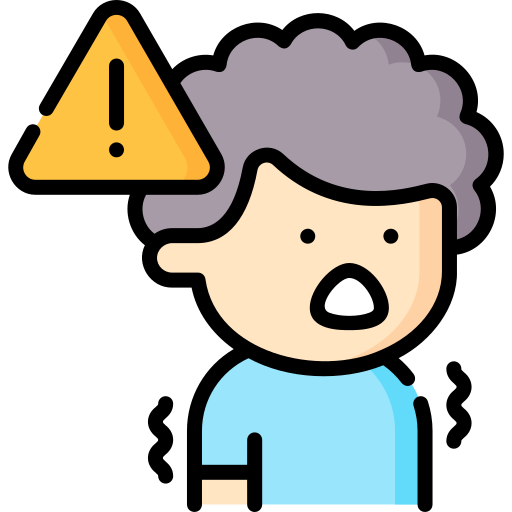
Feelings and symptoms are dismissed or downplayed.
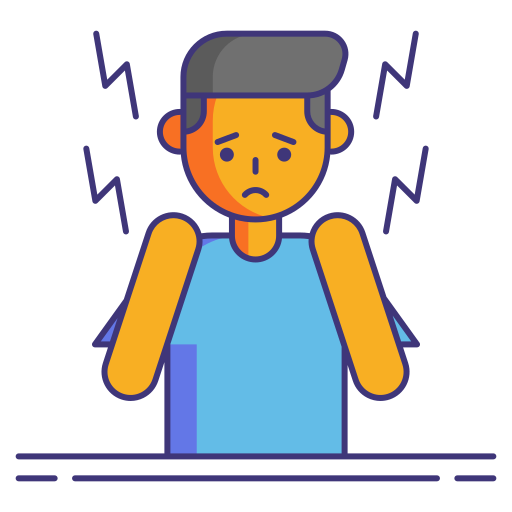
Concerns about being judged or discriminated against, especially at work.
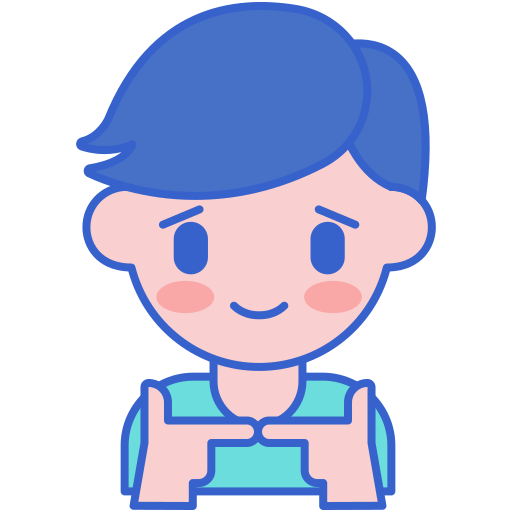
About Treatment: Stigma around using medication for treatment.
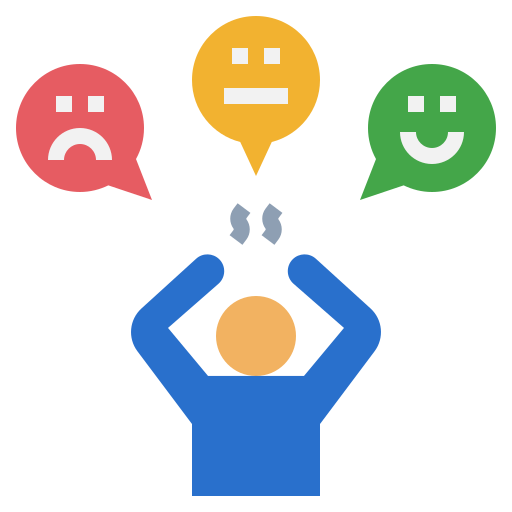
Misunderstanding that depression is a lifestyle choice, not a medical condition.

Men may face additional stigma due to societal expectations of masculinity.
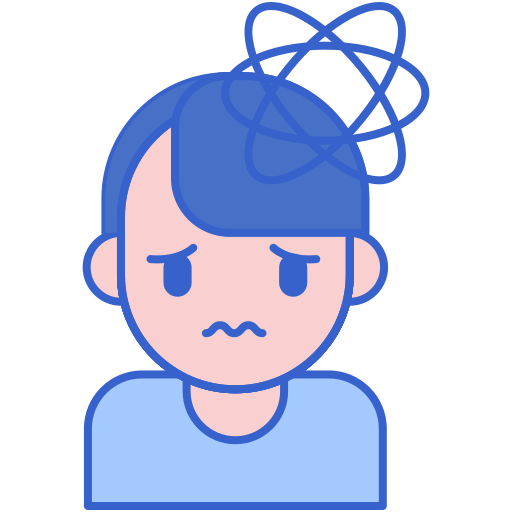
Narrow and often inaccurate portrayals in media and society.

Some cultures and generations consider mental health issues shameful.
Addressing these stigmas requires ongoing education, open conversations, and promoting a better understanding of depression as a legitimate medical condition. Reducing stigma can help create a more supportive environment where individuals feel comfortable seeking help and discussing their mental health challenges.
While not all cases of depression can be prevented, especially those influenced by genetic or biological factors, there are several proactive steps individuals can take to reduce their risk and promote overall mental well-being. Here are some strategies that may help prevent depression:
Consult a mental health professional who specializes in OCD. Therapy, particularly Cognitive-Behavioral Therapy (CBT)
with Exposure and Response Prevention (ERP), is highly effective.l
Learn about OCD to understand your symptoms better. Knowledge can help reduce fear and give you tools to manage
your condition.
Gradually expose yourself to your triggers while resisting the urge to perform compulsions. This helps reduce the
power of obsessions over time.
Recognize that obsessive thoughts are not based on reality. Practice identifying and questioning these thoughts
instead of accepting them as true.
- Avoid asking for constant reassurance from others or checking behaviors, as these can reinforce compulsions.
Engage in mindfulness or relaxation techniques to help manage anxiety and stay grounded in the present moment,
rather than getting lost in obsessive thoughts.
Having a structured daily routine can help you manage your time and reduce the chances of compulsions taking over
your day.
Substance use can worsen OCD symptoms and interfere with treatment. Focus on healthy coping mechanisms instead.
Connecting with others who have OCD can provide encouragement, reduce feelings of isolation, and offer practical
advice.
Recovery takes time. Set small, manageable goals and celebrate your progress, no matter how incremental
If you experience these symptoms frequently and they significantly interfere with your daily life, relationships, work, or school, it may be time to seek professional help. A mental health professional, such as a psychologist, psychiatrist, or counselor, can provide a proper diagnosis and recommend an appropriate treatment plan.
OCD is characterized by a combination of obsessions and compulsions that cause significant distress and interfere with
daily life. Symptoms vary in severity and can worsen over time if not treated

Abha Healing Foundation